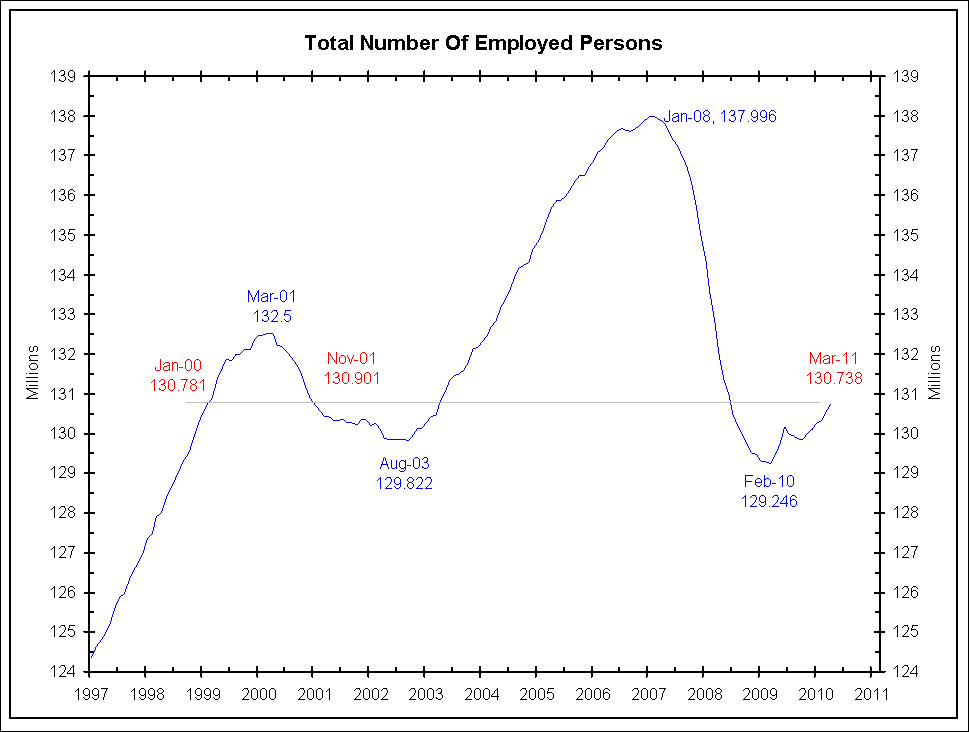CultureCitizen
Silver Member
- Jun 1, 2013
- 1,932
- 140
- 95
The preamble.
This thread's intended use is to explore the limits of automation and the meaning they hold within the clasic economic resources : labour , land , capital.
How does a model where no labour ( or very little labour ) is required to produce goods and services ?
How would such an economy work?
How would this affect the circular economic model ?
This thread's intended use is to explore the limits of automation and the meaning they hold within the clasic economic resources : labour , land , capital.
How does a model where no labour ( or very little labour ) is required to produce goods and services ?
How would such an economy work?
How would this affect the circular economic model ?

 is here for a long while.
is here for a long while.